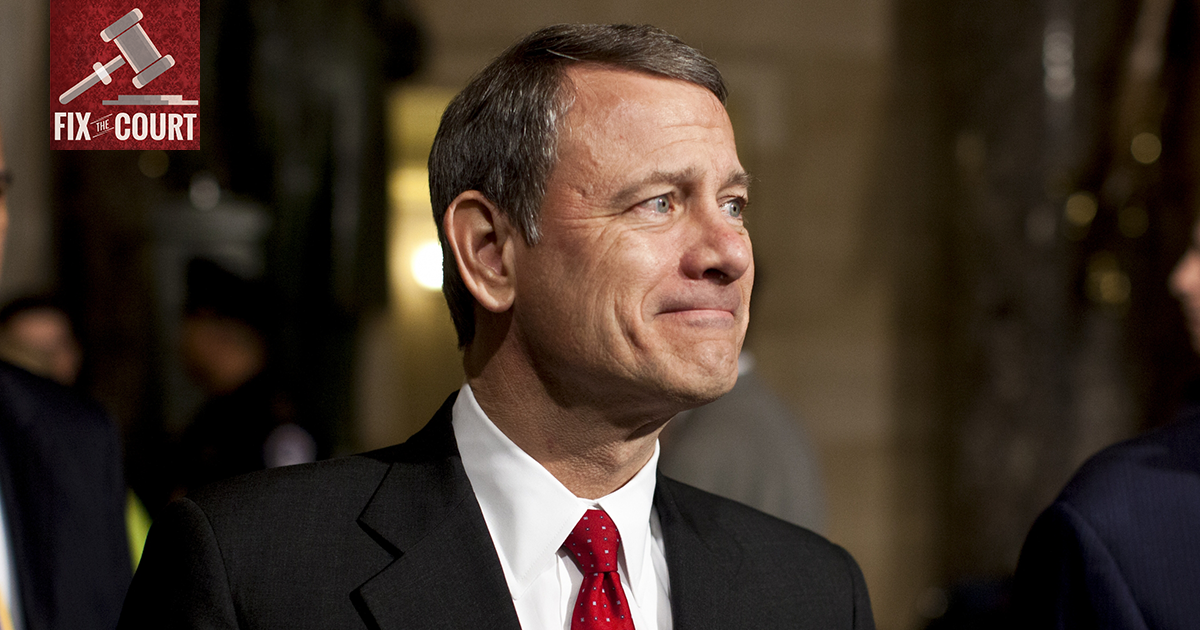Chief Justice Roberts Acknowledges Judiciary's "Me Too" Moment, Promises Changes
Update: The Judiciary Working Group on Workplace Conduct met on February 7 and March 1. See full timeline on the judiciary’s response to sexual harassment allegations here.
In his year-end report, Chief Justice John Roberts acknowledged the problem of sexual harassment in the federal judiciary and said the third branch will “undertak[e] a careful evaluation of whether the standards of conduct and procedures for investigating and correcting inappropriate behavior are adequate.”
FTC executive director Gabe Roth issued this statement in response:
I am pleased that the Chief Justice heeded our request to address harassment in his report, and I am hopeful that the steps the judiciary plans to undertake will be victim-focused and will root out bad actors. We’ll be watching closely.
In December, Fix the Court and several law professors wrote to the Chief Justice urging him to use the report to discuss changes to judiciary policy that would “assure those considering coming forward with sexual harassment complaints […] that they will be heard and that justice will be done.”
Roberts (left) then asked the director of the Administrative Office of U.S. Courts to create a working group – you can read about its member here – to consider if changes are needed in the judiciary’s codes of conduct and in how instances of misconduct are reported and investigated.
The Judiciary Working Group on Workplace Conduct, as it’s being called, is scheduled to report back to the Chief Justice by May 1.
Though the group comprises several impressive individuals from across the third branch, we were disappointed it does not include any current or recent law clerks, as they are the ones who have been, and continue to be, the most frequently harmed by abusive judges.
